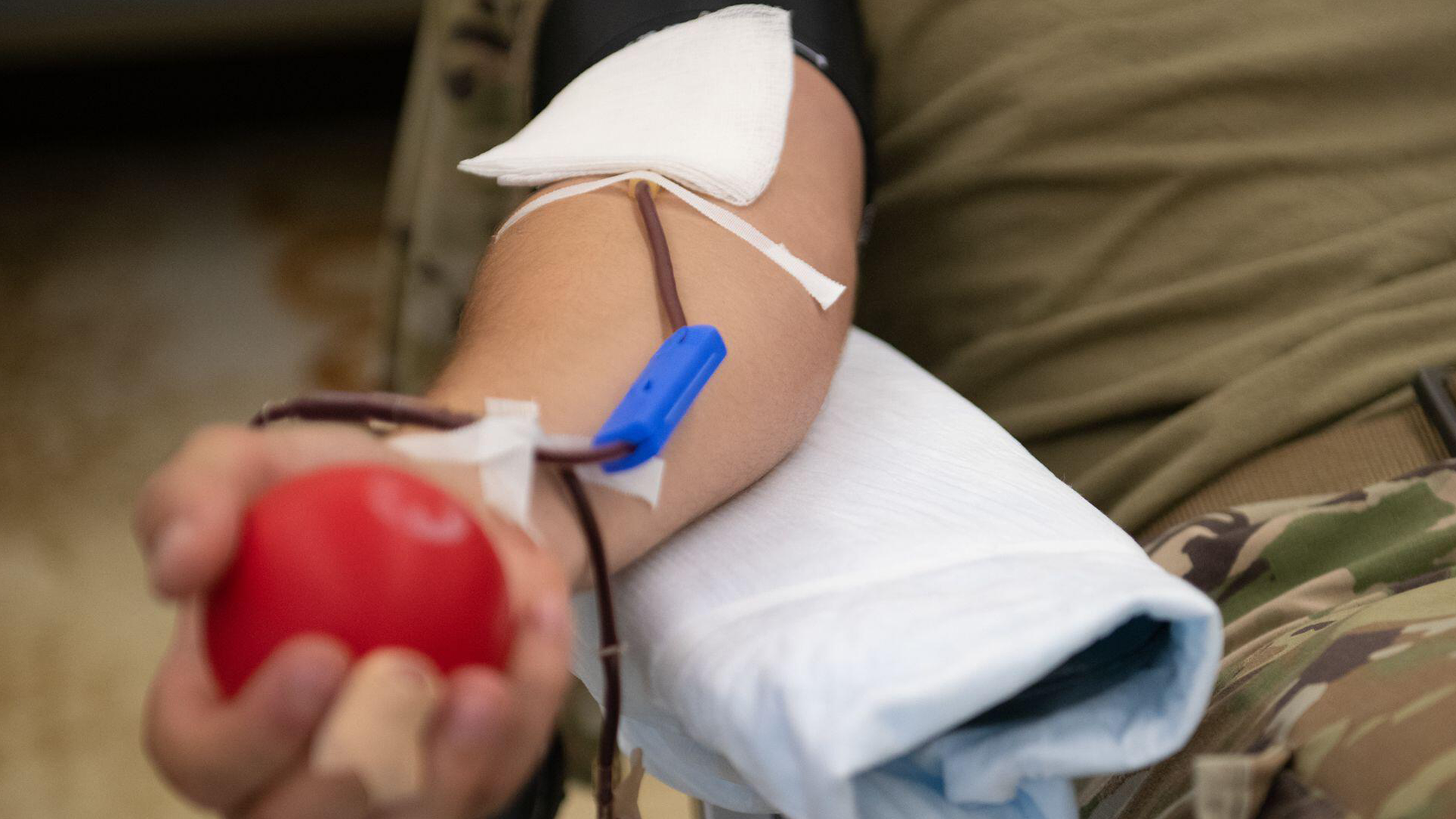
NHS urges veterans to make lifesaving blood donations following hospital cyber attack

The NHS has issued an urgent call for military veterans across England to come forward and give blood.
There is a particular need for donors with O negative blood type, as well as donors of black heritage to help treat patients with sickle cell.
The NHS is asking veterans to step forward during the blood shortage because ex-forces personnel are more likely to know their blood type than the general public.
A recent cyber attack on several major London hospitals has caused a significant increase in demand for O negative blood.
The attack impaired the hospitals' ability to cross-match patients' blood types, leading to greater reliance on O negative supplies.
Additionally, the summer season, with major events such as the Euros and holidays, has led to a decline in donations.
Urgent demand
"We urgently need O negative donors to book an appointment to donate. We're especially appealing to military veterans who already know they have the life-saving O negative blood type," said Mark Chambers of NHS Blood and Transplant.
"We have around 50,000 appointments to give blood to fill each week. Currently there are around 45,000 appointments still available to book between now and September.
"Most appointments can be found at our 25 donor centres in major towns and cities, especially in London.
"Giving blood is quick and easy and each donation saves up to three lives. Male donors can donate up to four times per year, and three times a year for females."
There are four main blood groups: O, A, B and AB. O negative (the universal blood group) and B negative are particularly vulnerable to shortfalls.
O negative blood can be safely given to patients of any blood type, which is particularly crucial in emergency situations where there may not be time to test the recipient's blood type.
And O negative is often preferred for transfusions in newborns and infants whose blood type might be difficult to determine immediately.
Since it can be given to any patient, maintaining a supply of O negative blood is essential for hospitals and emergency care centres.
A call for new donors
The NHS needs up to 200,000 new blood donors each year to replace those who stop donating and to ensure it has the right mix of blood groups to match patient needs in the future.
There are several sub-types of blood, one of them being Ro.
Ro-type blood is often used to save people with sickle cell disease and is 10 times more common in people from black African or Caribbean backgrounds than in white people.









